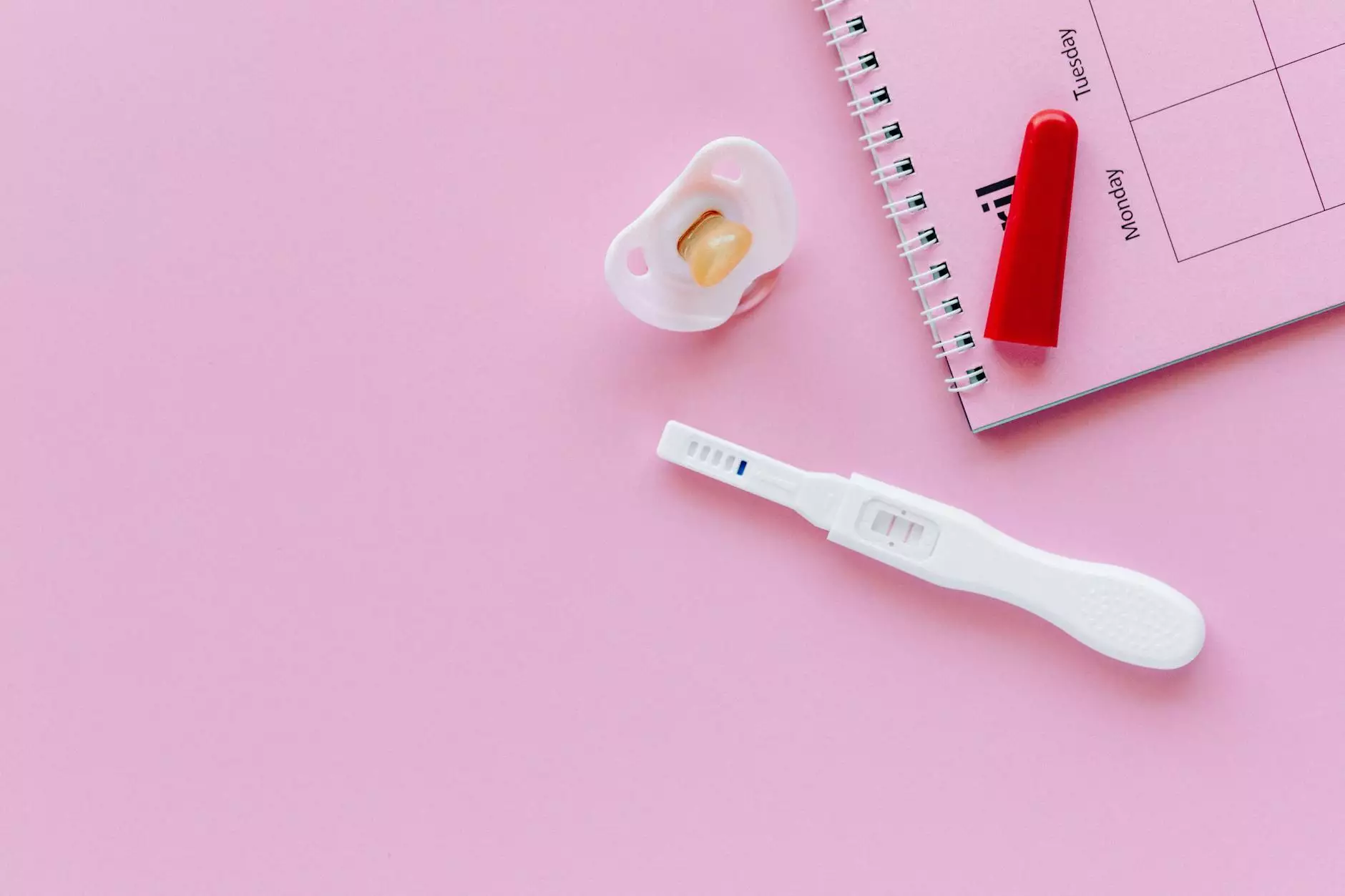A Must-Have Medical Equipment List For Ambulatory Care Facilities
Health
Introduction
Welcome to Ageless Wisdom Magazine's comprehensive guide on the must-have medical equipment list for ambulatory care facilities.
What are Ambulatory Care Facilities?
Ambulatory care facilities are healthcare settings that provide outpatient services, allowing patients to receive medical attention without being admitted to a hospital. These facilities play a crucial role in offering preventive care, medical consultation, diagnostic tests, minor procedures, and follow-up care.
Importance of Equipping Your Ambulatory Care Facility
Equipping your ambulatory care facility with the right medical equipment is vital to provide efficient and high-quality care. Proper equipment ensures accurate diagnoses, effective treatment, and better patient outcomes.
Essential Medical Equipment for Ambulatory Care Facilities
1. Examination Room Equipment
Equipping examination rooms with essential medical equipment sets the foundation for quality healthcare delivery. Here are some must-have items for examination rooms:
- Stethoscope: A vital tool for listening to patients' heart and lung sounds, aiding in diagnosing respiratory and cardiovascular conditions.
- Blood Pressure Monitor: Accurate blood pressure readings are crucial in determining patients' overall health and diagnosing hypertension.
- Thermometer: Essential for monitoring body temperature and identifying fever or potential infections.
- Otoscope: Used to examine the ears, helping diagnose ear infections and conditions affecting hearing.
- Ophthalmoscope: Enables examining the eyes for vision problems, retinal conditions, and other ocular abnormalities.
- Tuning Fork: Used to evaluate hearing and diagnose auditory disorders.
2. Diagnostic Equipment
Accurate and efficient diagnostic equipment is essential to evaluate patients' conditions. Some important diagnostic tools for ambulatory care facilities include:
- Electrocardiograph (ECG/EKG): Detects and records the electrical activity of the heart, aiding in diagnosing heart conditions.
- Portable X-ray Machine: Enables on-site imaging, helping diagnose fractures, lung conditions, and other abnormalities.
- Ultrasound Machine: Useful for non-invasive imaging of various body parts, aiding in diagnosing conditions like gallstones, pregnancy complications, and more.
- Lab Equipment: Equipment such as centrifuges, microscopes, and analyzers allows for on-site testing of blood, urine, and other samples, enabling quick diagnosis and treatment planning.
3. Minor Procedure Equipment
Ambulatory care facilities often perform minor procedures that require specialized equipment. Some essential tools for minor procedures include:
- Surgical Instruments: Including forceps, scissors, scalpels, and retractors for performing minor surgeries or procedures.
- Wound Care Supplies: Such as sterile gauze, bandages, sutures, and adhesive tapes for wound management and care.
- Cryotherapy Equipment: For performing cryosurgery and treating various skin conditions like warts and skin tags.
- Minor Surgery Sets: Comprehensive sets containing a range of instruments needed for minor procedures and suturing.
4. Patient Monitoring Equipment
Monitoring patients' vital signs is crucial for effective care and early detection of any concerning changes. Vital monitoring equipment includes:
- Pulse Oximeter: Measures blood oxygen levels and pulse rate, aiding in assessing respiratory function.
- Blood Glucose Monitor: Helps manage and monitor blood sugar levels, especially for patients with diabetes.
- Cardiac Monitor: Provides continuous monitoring of heart rate, rhythm, and other related parameters.
- Respiratory Monitor: Measures respiratory parameters, including respiratory rate and oxygen saturation.
- Baby/Infant Monitor: Enables constant monitoring of infant patients, ensuring their safety and well-being.
Conclusion
Equipping your ambulatory care facility with the necessary medical equipment mentioned above is vital for delivering high-quality care and optimizing patient outcomes. Ageless Wisdom Magazine hopes this comprehensive medical equipment list has provided you with valuable insights into the essential tools required for efficient ambulatory care.
Remember, choosing reliable suppliers and regularly maintaining your equipment is equally important to ensure long-term functionality and accuracy. Stay up-to-date with the latest advancements in medical technology to enhance the overall quality of care provided by your ambulatory care facility.




